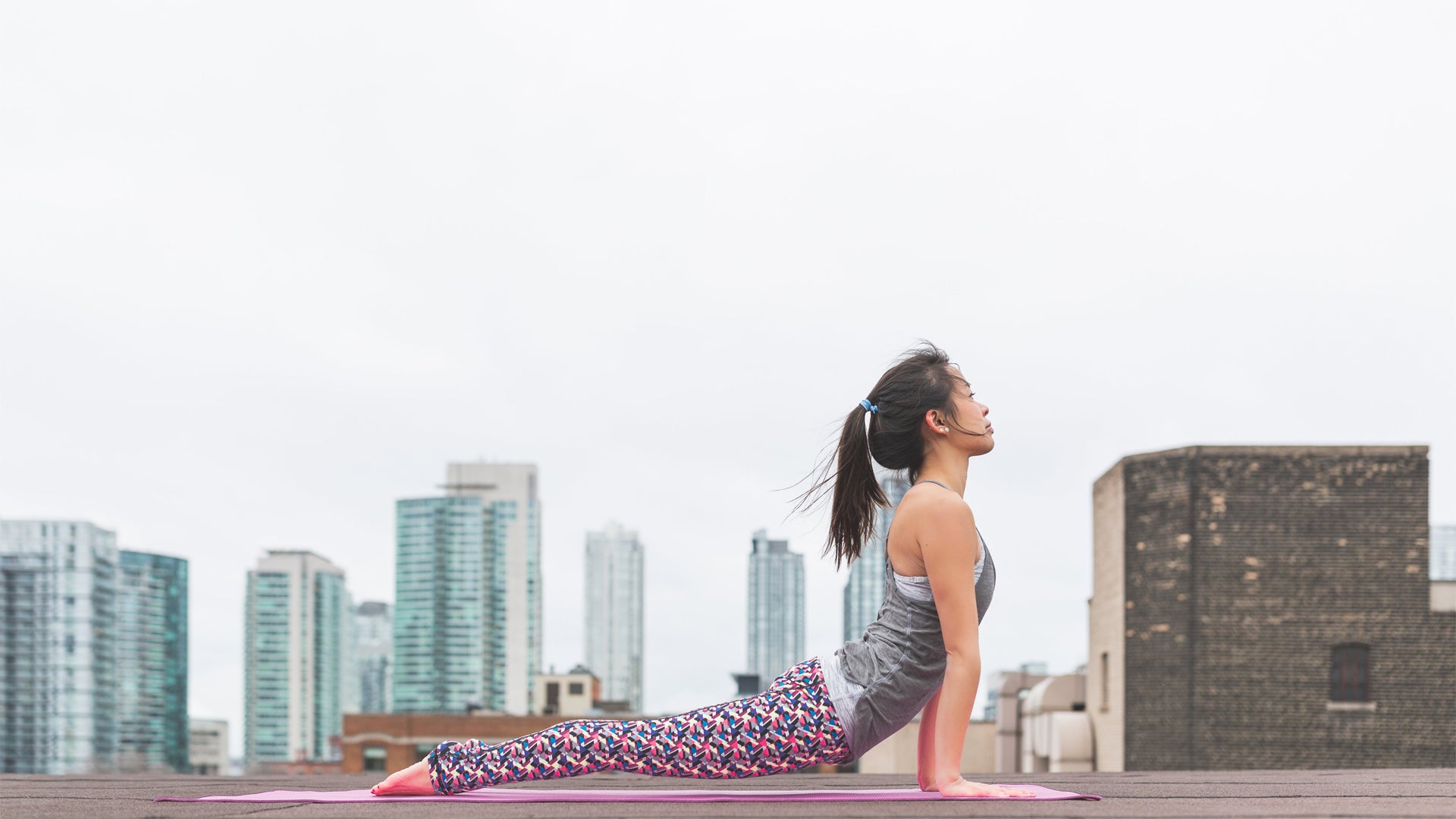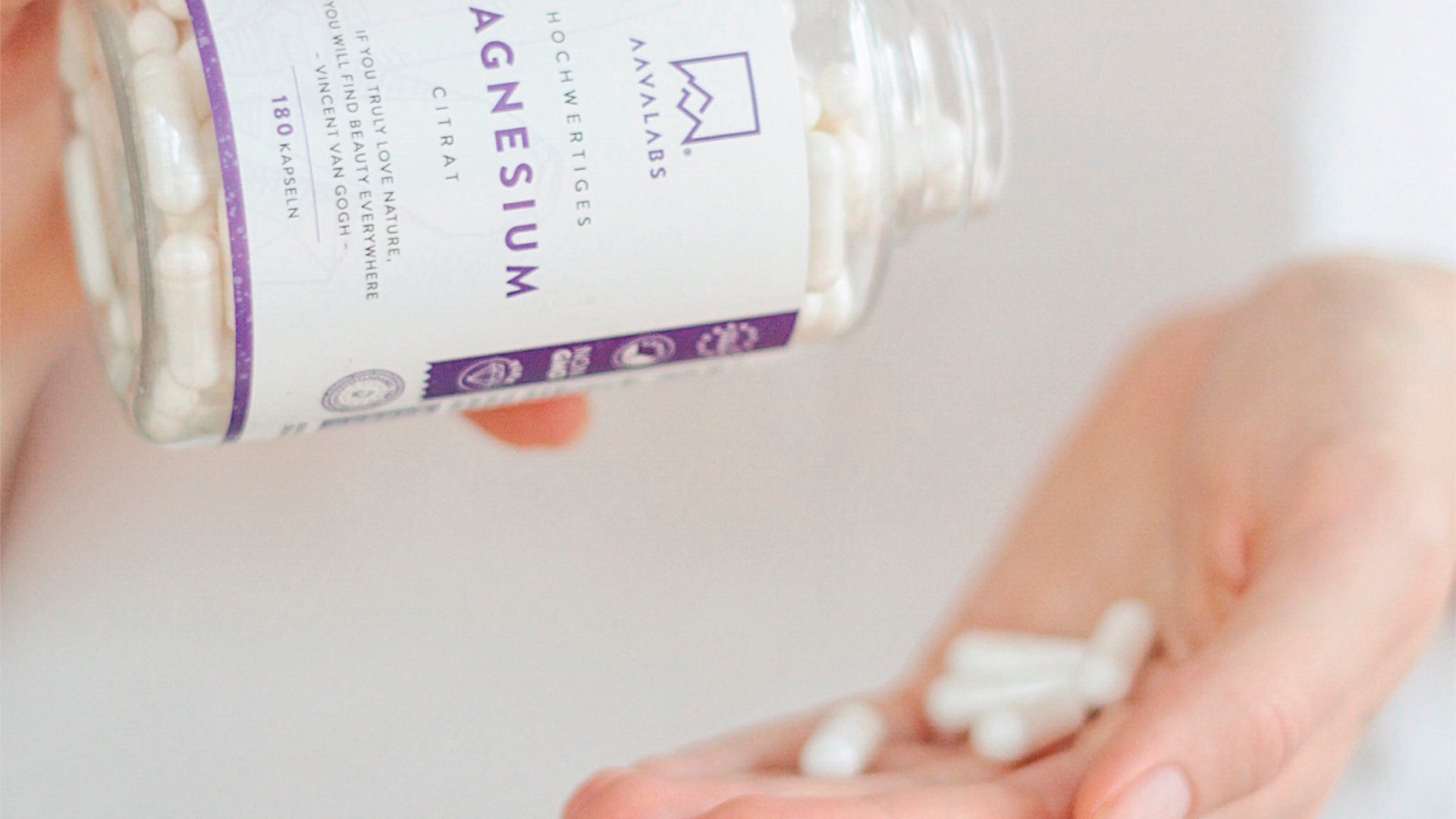
Everything you need to know about Vitamin B
More and more people worldwide are affected by visual impairments, such as nearsightedness, farsightedness, or presbyopia. Common reasons for this include UV light, smoking, increasing age, or an unbalanced, unhealthy diet.
In the case of visual defects, changes in the eye structure cause the incident light to no longer reach the retina correctly. Depending on the type of visual impairment, it becomes difficult to see clearly. Distant or even close objects may appear blurred, requiring glasses or contact lenses to correct the vision.
However, there are tips and tricks you can use to support your eyes and potentially prevent visual impairment.
Vitamins & Minerals for Your Eyes
A balanced diet rich in fruits and vegetables is essential for maintaining good vision. If you already experience impaired vision, it is advisable to consult an ophthalmologist.
Ensure that you take a sufficient amount of vitamins daily. Because trace elements and vitamins each have different effects on the eyes, a balanced and varied diet is vital.
Important Vitamins and Minerals for Your Eyes
Vitamin A
Beta-carotene is converted into vitamin A in our bodies, and the retina, in particular, depends on this vitamin. In the light-sensitive sensory cells of the eye, such as rods and cones, light is converted into nerve impulses that the brain can process. The rods, which contain the light-sensitive pigment rhodopsin, are responsible for perceiving brightness, especially in low light. Cones, on the other hand, become active under brighter conditions and allow us to perceive colours accurately.
Taking one of our beta-carotene capsules daily will provide you with a healthy amount of vitamin A.
Vitamin C
Vitamin C has antioxidant properties that help protect the eyes from cell damage by scavenging free radicals. It also reduces the risk of lens opacification. According to researchers, vitamin C accumulates in the aqueous humour surrounding the lens, reducing oxidative stress.
Vitamin E
Vitamin E protects the cells of the eyes against free radicals, which are aggressive compounds formed by UV radiation that can damage healthy tissue. Vitamin E may also counteract cataracts and age-related visual impairment.
Vitamin B
Vitamins B6, B12, and folic acid are particularly important for preventing visual impairments. If present in sufficient quantities, they can reduce the risk of visual impairment and other eye diseases, thereby supporting the preservation of vision.
Vitamin B deficiency symptoms can include blurred vision, increased sensitivity to glare, and dry or irritated eyes. For those on a vegan diet, vitamin B12 supplements for vegans are crucial as this vitamin is primarily found in animal products.
Omega-3 Fatty Acids
Omega-3 fatty acids are crucial for the development and function of the retina, which largely consists of these fatty acids. They have anti-inflammatory properties and protect against dry eyes by increasing secretion production from the glands at the edges of the eyelids. Omega-3 is also believed to protect against cataracts and retinal diseases.
We offer two different omega-3 capsules: our premium formula with fish oil and vegan omega-3 capsules.
Zinc
The trace element zinc enables vitamin A to produce the pigment melanin, which protects the eye from harmful UV rays. Studies also suggest that increased zinc intake can slow down the progression of certain forms of age-related visual impairment.
Signs of Vitamin Deficiency Affecting Eye Health
If the eyes lack certain vitamins and nutrients, it can manifest in various ways. A common sign is deteriorating vision.
Other possible symptoms include:
- Poorer vision in twilight and at night
- Increased sensitivity to glare
- Dry eyes
- Irritated eyes
If you notice these symptoms, it's important to have your eyes checked by an ophthalmologist or optometrist.
Support Your Eye Health Naturally
A healthy, balanced diet and drinking enough water is always our number one tip, no matter the health issue.
Our body needs sufficient vitamins and minerals to function properly. Your eyes can only function optimally if they are regularly supplied with these nutrients. Therefore, if you regularly take vitamins and minerals for eye health, you can protect your vision and alleviate acute complaints as a precaution.




